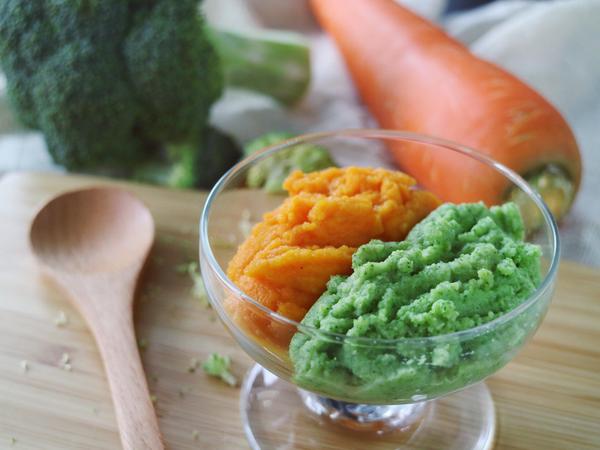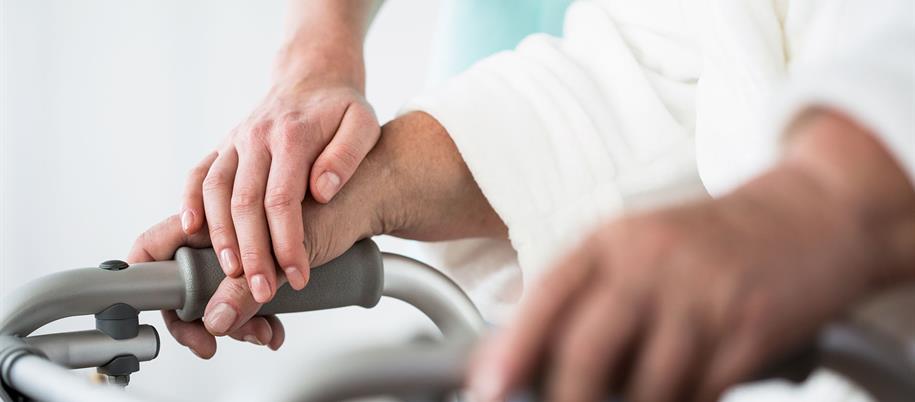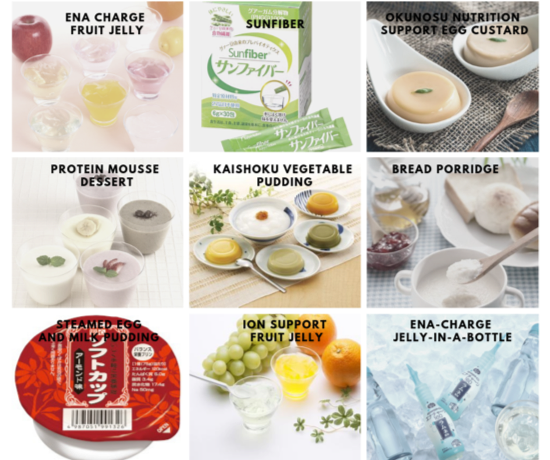A stroke happens when a blockage such as a clot blocks the blood flow to the brain, or when a burst blood vessel bleeds into the brain. During a stroke, the cells in the affected part of the brain start to die and that part of the brain cannot work properly. This can affect a person’s ability to walk, talk, eat, see, read, socialise or do things they were able to do before the stroke. Many people with stroke may also have fatigue or problems with remembering, understanding or thinking properly.
Different parts of the brain control a person’s movements, senses, emotions and intellectual functions. The effects of stroke depend on which part of the brain is damaged and how severe the damage is. Someone disabled from stroke can have minor to severe problems.
- Some people make a speedy recovery and return to their normal lives.
- Others have disabilities that may improve with time and can be managed.
- For many, disabilities may last a lifetime.
- A small number of people will need full time medical care.
Let’s explore how the loss of function from stroke can affect someone’s day to day life and look at some easy solutions on how to improve nutrition for stroke survivors.
Post Stroke Health Problems
- Problems chewing and swallowing ( dysphagia)
- Physically unable to self feed or drink
- Communication problems (Unable to verbalise that they need to eat/drink)
- Cognition problems (memory, attention, perception) ( Do not realise that they need to eat/drink)
- Visual problems ( Unable to see what they are eating/drinking)
- Absence of teeth and dentures and poor mouth hygiene
- Depression/ anxiety
In Singapore, deaths from stroke are increasing every year, and those affected by stroke are getting younger. Unfortunately, it’s common for families of stroke patients to lose hope after the incident and assume recovery is impossible. We tend to get caught up in our grief and lose sight of the real possibility of recovery for our loved ones.
If your loved one is not eating and drinking well after their stroke, they are more likely to be readmitted to the hospital for complications and their recovery will take much longer than expected. They are also likely to have longer hospital stays which increases their cost of their care and emotional burden. Therefore, it’s important to pay attention and make positive changes to what your loved one is eating after their stroke.This approach will help them to regain their strength and energy faster, and give them a quicker recovery period, which will last through their rehabilitative treatments. Healthy eating and lifestyle habits will ultimately improve their health and reduce their risk of getting another stroke.
Post Stroke Goals
Prevent the recurrence of another stroke.
- Prevent, recognize and manage co-morbid medical conditions such as Diabetes and High Blood Pressure (Maintain healthy readings for their Blood Sugar, Cholesterol and Blood Fats)
- Help them be as independent as possible
- A balanced diet, with adequate protein, calories and good hydration
- Maximise comfort and well-being

What You Can Do to Help
Malnutrition*
This serious condition occurs when your loved one suffers from a low appetite and food intake with weight loss as their caloric needs cannot be met. Usually dysphagia is a culprit that affects their ability to eat after a stroke. Malnourished people end up with more infections and trips to the hospital, therefore it’s important to ensure that we identify and act early.
It’s better to get a referral to a Dietitian to assess the problem as they can recommend a meal plan that will help your loved one recover from malnutrition.
Dehydration
Many stroke patients don’t feel the thirst sensation, by then, they may already be dehydrated, so it’s important to keep offering them fluids ( especially so if they are unable to communicate) regularly to prevent complications.
Fatigue
A lot of people experience this condition after a stroke due to the immense physical and mental changes they go through. This type of post stroke fatigue doesn’t just go away after rest, it can last for weeks and months and make it harder for someone to recover and delay their rehabilitation, therefore it’s important to speak with their doctor to identify if your loved one is experience fatigue and how you can help to manage it.
Chewing and Swallowing problems*
These problems can occur due to the weakening of the tongue or loss of coordination from their tongue movements. Some general recommendations to help your loved one cope are:*It’s better to get a referral to a Speech Therapist to assess the problem as they can suggest the safest texture and consistency of foods and fluids.
Limit Sodium in their Diet
It is important to limit food and drinks containing added salt, as excess sodium in the body ( found in salt and salty foods) raises blood pressure and may put your loved one at risk of another stroke. Assure them that as they reduce their salt intake gradually, their taste buds will adjust in a few weeks.
Limit High Saturated Fat and Trans Fat foods
High saturated and trans fat foods can contribute to high cholesterol levels, and we all know that high cholesterol levels increase one’s risk of stroke.
Smart Carbohydrate Choices
In general, people with diabetes are more likely to get a stroke than those without. When there is too much sugar in the blood over time with poorly controlled diabetes, clots or fat deposits can occur in the blood vessels in the neck or brain. Over time, these vessels can narrow or become completely blocked, leading to a heart attack or stroke. Therefore, it’s important to choose healthier types of carbohydrates to control blood sugar levels.

Myths and Facts
A stroke is not preventable.
One of the biggest myths surrounding stroke is that people assume a stroke is not preventable. In fact, one of the largest stroke studies called the International Stroke Study showed that 90% of strokes are caused by preventable risk factors such as obesity, high blood pressure and diabetes. Maintaining a healthy weight, keeping active and eating a healthy, varied diet are ways to prevent a stroke from happening.
Stroke only happens to older people.
While it’s true that our risk for stroke goes up as we age, there’s also an increasing number of strokes in younger people currently, so to say that strokes only occur in the elderly is false. There is an increasing number of people under the age of 65 being diagnosed with preventable diseases such as high blood pressure, obesity and diabetes which puts them at a higher risk for stroke.
Stroke survivors have no lives for themselves.
If people learn to recognise the signs of stroke early on and seek treatment fast, we can prevent major complications from occurring. Research is also now finding newer and better treatments to treat stroke and help the brain to recover and repair itself. Although many people live with the effects of stroke for life, with rehabilitation, a good deal will make strong recoveries and go on to lead fulfilling lives.
Continue on to A Guide To Nutrition For Stroke Survivors Part 2

Helpful Products from Health Food Matters
- Special Pantry Snacks and Desserts – Protein Mousse Dessert, Bread Pudding, Okunosu Nutrition Support Egg Custard
- Special Pantry Snacks and Desserts – Ena Charge Fruit Jelly, Ion Support Fruit Jelly, Soft Fruit Cup, Pureed Fruit, Protein Mousse Dessert, Bread Porridge, Okunosu Nutrition Support Egg Custard
- Delisoft Range of dishes available in 4 textures – Regular, Chopped, Finely Minced and Blended textures
- Special Pantry Snacks and Desserts – Ena Charge Fruit Jelly, Ion Support Fruit Jelly
- Sunfiber Supplement
- Toromi Smile Clear Beverage Thickener, Special Pantry Thickener Cold Mousse Base powder for making pureed fruits and vegetables
If you found this article helpful, we recommend reading When Memories No Longer Exists: Understanding Dementia and Nutrition in Parkinson’s disease.
About Health Food Matters
At Jaga-Me, we believe that healthcare should be a social good – it is a basic human need, and should be available to as many people as possible. We aim to deliver the highest quality care through innovation and a commitment to building meaningful relationships.
Save travelling and long wait times at the hospitals. Get specialised medical treatments:
– Urinary Catheterisation
– Complex Wound Care
– Nasogastric (NG) Feeding Tube
– IV Infusion Therapy
Jaga-Me: Your Trusted Medical Home Care Professional




